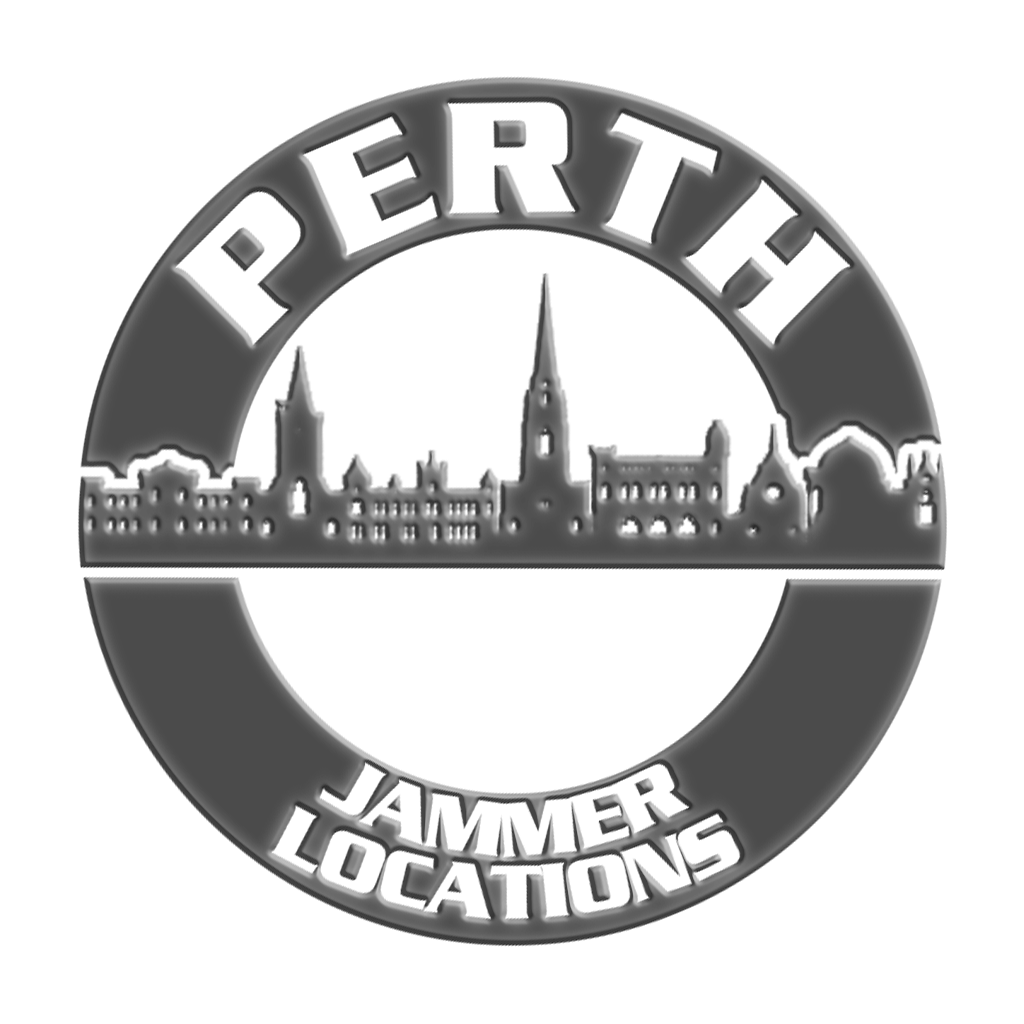A prominent hotel in Perthshire is strongly refuting claims from HMRC that it failed to adequately compensate 131 of its employees, with alleged underpayments totalling nearly £34,000. Crieff Hydro, a well-known establishment in the region, finds itself among several businesses across Perth and Kinross, as well as wider Tayside and Fife, recently named by the UK Government for purported breaches of national minimum wage regulations.
The announcement from the government highlighted a nationwide crackdown on employers, revealing that almost 500 companies have been penalised with fines exceeding £10 million for non-compliance with minimum wage laws. This initiative has reportedly led to some 42,000 workers receiving back pay from their employers. Local Businesses Under Scrutiny Across Perth & Kinross and Surrounding Areas
Beyond Crieff Hydro, several other entities with ties to Perthshire and its neighbouring counties were featured on the official list. These included:
– **Mr James D Oakden & Mrs Frances I Hay Smith**, operating in Cupar, KY14, cited for not paying £28,379.95 to seven staff members. – **Rompers Private Nursery Limited** in Montrose, DD10, accused of underpaying five workers by £6,311.47. – **Ballathie House Hotel Company Limited** in Stanley, PH1, facing allegations of failing to pay £3,445.15 to 33 employees. – **Mr James D Oakden & Mrs Sarah Oakden** in Cupar, KY14, with a reported shortfall of £3,191.72 affecting two workers. – **The Daisychain Nursery Kirkcaldy Ltd.** in Kirkcaldy, KY1, named for underpaying 14 workers by £2,825.67. – **Ms Anne Myles, Miss Stacey Myles & Miss Teri Devine** from Dundee, DD4, allegedly failed to pay £2,511.75 to five individuals. – **Gemmell Hammond Limited** in Arbroath, DD11, with a reported £2,422.76 underpayment to one worker. – A business identified only as **W** in Dunning, PH2, for a shortfall of £741.43 to one worker. – **Mazaj Dundee Limited** in Dundee, DD1, accused of underpaying 16 workers by £529.65.
These revelations have sparked considerable discussion within local business circles, particularly concerning the complexities of employment law and government oversight. Crieff Hydro’s Robust Defence Against Allegations
In response to the HMRC’s public listing, a spokesperson for Crieff Hydro issued a comprehensive statement, expressing strong disapproval of the accusation. The hotel firmly asserts its long-standing commitment to fair compensation, highlighting that it has consistently maintained competitive remuneration and exemplary working conditions for its team members.
The spokesperson clarified that the hotel has never intentionally paid below the legally mandated hourly rates. Their discontent primarily stems from what they perceive as an indiscriminate ‘naming and shaming’ strategy by HMRC, particularly when alleged breaches are unintentional or rooted in technical interpretations of regulations.
According to the hotel, many employers, including themselves, are genuinely concerned when such inadvertent payment discrepancies occur. They highlighted a proactive approach to rectify any identified shortfalls promptly and implement measures to prevent recurrence. Crieff Hydro views HMRC’s current public disclosure method as counterproductive, especially given the considerable time lag between initial inspections and the eventual publication of these lists, often several years later.
The underpayment issues at Crieff Hydro reportedly trace back to 2014 and are attributed to intricate ‘technicalities’ concerning pay periods and specific contractual deductions that HMRC’s assessment methodology does not fully acknowledge. The hotel confirmed it first became aware of these specific concerns in 2017 and subsequently made transparent accounting adjustments to ensure all affected colleagues received their due compensation. They stressed that immediate corrective actions were taken once these technical discrepancies were verified.
Challenging the clarity of HMRC’s guidelines, the spokesperson pointed out that the extended period of over four years taken by the agency to present its findings in their case suggests a lack of straightforwardness in the regulations themselves. The hotel reiterated its unwavering commitment to paying at least the national minimum wage—and often significantly more—to its dedicated staff. They also noted that numerous other well-known names within the hospitality sector and other industries have similarly found themselves ‘singled out’ in this manner, suggesting a broader systemic issue with the application of these rules.
This situation adds to the ongoing dialogue around the financial pressures faced by local businesses. Stephen Leckie, Chief Executive of Crieff Hydro, had previously voiced concerns about the escalating costs associated with increases in the national living wage, indicating that such adjustments could impose an additional burden of up to £750,000 on the business.
Efforts to reach other businesses named on the list for comment are ongoing, as the local community considers the implications of these findings for employment standards and business practices across the region.
The announcement from the government highlighted a nationwide crackdown on employers, revealing that almost 500 companies have been penalised with fines exceeding £10 million for non-compliance with minimum wage laws. This initiative has reportedly led to some 42,000 workers receiving back pay from their employers. Local Businesses Under Scrutiny Across Perth & Kinross and Surrounding Areas
Beyond Crieff Hydro, several other entities with ties to Perthshire and its neighbouring counties were featured on the official list. These included:
– **Mr James D Oakden & Mrs Frances I Hay Smith**, operating in Cupar, KY14, cited for not paying £28,379.95 to seven staff members. – **Rompers Private Nursery Limited** in Montrose, DD10, accused of underpaying five workers by £6,311.47. – **Ballathie House Hotel Company Limited** in Stanley, PH1, facing allegations of failing to pay £3,445.15 to 33 employees. – **Mr James D Oakden & Mrs Sarah Oakden** in Cupar, KY14, with a reported shortfall of £3,191.72 affecting two workers. – **The Daisychain Nursery Kirkcaldy Ltd.** in Kirkcaldy, KY1, named for underpaying 14 workers by £2,825.67. – **Ms Anne Myles, Miss Stacey Myles & Miss Teri Devine** from Dundee, DD4, allegedly failed to pay £2,511.75 to five individuals. – **Gemmell Hammond Limited** in Arbroath, DD11, with a reported £2,422.76 underpayment to one worker. – A business identified only as **W** in Dunning, PH2, for a shortfall of £741.43 to one worker. – **Mazaj Dundee Limited** in Dundee, DD1, accused of underpaying 16 workers by £529.65.
These revelations have sparked considerable discussion within local business circles, particularly concerning the complexities of employment law and government oversight. Crieff Hydro’s Robust Defence Against Allegations
In response to the HMRC’s public listing, a spokesperson for Crieff Hydro issued a comprehensive statement, expressing strong disapproval of the accusation. The hotel firmly asserts its long-standing commitment to fair compensation, highlighting that it has consistently maintained competitive remuneration and exemplary working conditions for its team members.
The spokesperson clarified that the hotel has never intentionally paid below the legally mandated hourly rates. Their discontent primarily stems from what they perceive as an indiscriminate ‘naming and shaming’ strategy by HMRC, particularly when alleged breaches are unintentional or rooted in technical interpretations of regulations.
According to the hotel, many employers, including themselves, are genuinely concerned when such inadvertent payment discrepancies occur. They highlighted a proactive approach to rectify any identified shortfalls promptly and implement measures to prevent recurrence. Crieff Hydro views HMRC’s current public disclosure method as counterproductive, especially given the considerable time lag between initial inspections and the eventual publication of these lists, often several years later.
The underpayment issues at Crieff Hydro reportedly trace back to 2014 and are attributed to intricate ‘technicalities’ concerning pay periods and specific contractual deductions that HMRC’s assessment methodology does not fully acknowledge. The hotel confirmed it first became aware of these specific concerns in 2017 and subsequently made transparent accounting adjustments to ensure all affected colleagues received their due compensation. They stressed that immediate corrective actions were taken once these technical discrepancies were verified.
Challenging the clarity of HMRC’s guidelines, the spokesperson pointed out that the extended period of over four years taken by the agency to present its findings in their case suggests a lack of straightforwardness in the regulations themselves. The hotel reiterated its unwavering commitment to paying at least the national minimum wage—and often significantly more—to its dedicated staff. They also noted that numerous other well-known names within the hospitality sector and other industries have similarly found themselves ‘singled out’ in this manner, suggesting a broader systemic issue with the application of these rules.
This situation adds to the ongoing dialogue around the financial pressures faced by local businesses. Stephen Leckie, Chief Executive of Crieff Hydro, had previously voiced concerns about the escalating costs associated with increases in the national living wage, indicating that such adjustments could impose an additional burden of up to £750,000 on the business.
Efforts to reach other businesses named on the list for comment are ongoing, as the local community considers the implications of these findings for employment standards and business practices across the region.


